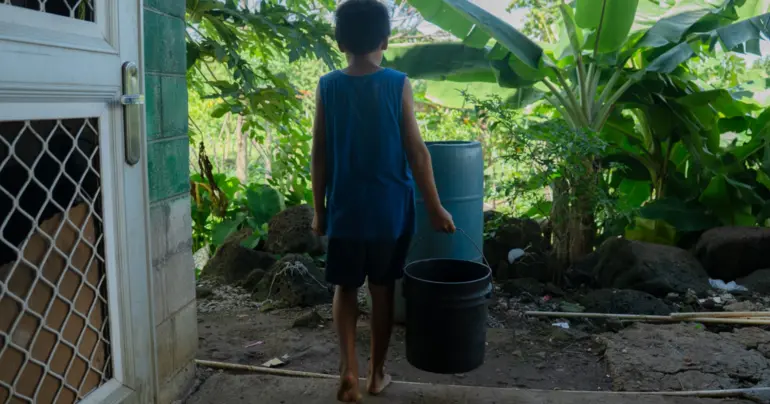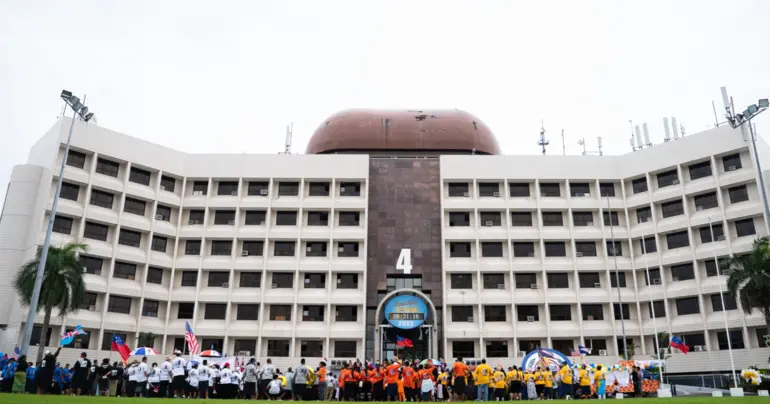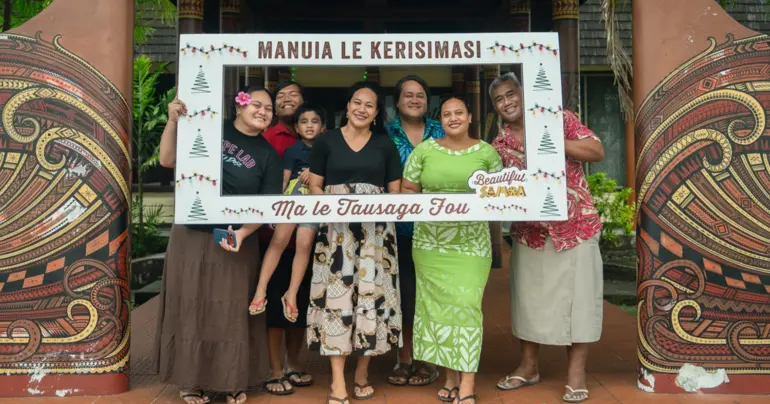Securing seasonal workers’ windfall for family
 By The Editorial Board
•
01 March 2021, 4:00AM
By The Editorial Board
•
01 March 2021, 4:00AM
The revelation in the Legislative Assembly recently that the Australian and New Zealand seasonal worker schemes generated over $200 million tala income that went back to the families and the communities in Samoa is great news indeed.
The Minister of Commerce Industry and Labour, Lautafi Fio Purcell, told the Parliament last Tuesday that the number of seasonal workers engaged in both the Australian and New Zealand schemes has increased and it is now a steady form of income for many families.
“$210,662,180 million was earned in the last year; the previous year there was more than $190 million; the year before that more than $140 million,” Lautafi told the Parliament.
“This is the amount of money brought into our country; this is money going straight into villages and families of these workers.
“This is a great blessing, in my position as the Minister, I know this a very big blessing for the country of Samoa.”
It is indeed a blessing for the country as the Minister highlighted and the Government should be commended for the behind-the-scenes work, which enabled citizens to participate in Australia’s Pacific Labour Mobility Scheme and New Zealand’s Recognised Seasonal Employer Scheme over the last three years.
But there is no guarantee that the seasonal worker schemes are long-term as the COVID-19 global pandemic continues to have adverse implications for short and long-term employment prospects in Australia, New Zealand and around the world.
Lautafi made a brief mention of some of those challenges in his speech to the Parliament, saying pandemic-related loss of employment in New Zealand has led to them considering options to employ their own people.
A change of government in both Australia and New Zealand, which could see the adoption of more national-focused employment policies to address their own rising rates of unemployment, and spell the end of Pacific Island countries-focused seasonal worker schemes that has benefited the Island nations and enabled islanders to fill in low and semi-skilled jobs in targeted industries.
Therefore, Samoans who recently flew to New Zealand under the latest R.S.E. deployment in January and February should not take their employment for granted, and seriously consider embracing a savings culture while they are still working and prior to the end of their contracts abroad.
Investing your hard-earned wages through the building of a new family home or business – which ensures you secure your family and children’s future long-term – is wise use of your income rather than embarking on a life of excesses that would see the depletion of your money in no time.
The M.P. for Anoamaa East, Alaisasa Sepulona Moananu, appealed for financial management training for all returning seasonal workers when he joined the debate in the Parliament last Tuesday following Lautafi’s statement.
He told colleague legislators that he has seen returning seasonal workers exhaust their earnings within three weeks after returning to Samoa.
From our standpoint, there could be three reasons behind the rapid spending: the pressures of family fa’alavelave; the lack of knowledge on how to budget and its link to a savings culture; or just plain recklessness.
A family that is economically empowered, thanks to an injection of cash into a family-owned business or agricultural project coming courtesy of their seasonal work wages, is unlikely to become a burden on the Government and the community.
It is why the appeal by the M.P. for Anoamaa East for financial management training for returning seasonal workers makes sense.
We understand one community has already taken it upon themselves to empower men in their villages, who are participating in seasonal work abroad, to undergo financial literacy training in a bid to get them to consider small business ventures to invest their earnings into.
In 2018 the Poutasi Development Trust went into a partnership with Small Business Enterprise Centre to run a financial training program for seasonal workers from the area to assist them get into small business ventures.
It is a model that other communities in Samoa should consider replicating as everyone works towards securing a brighter future, not only for the seasonal workers and their families, but the wider community and the nation.
It is great to know over $200 million tala in income for the country was generated through the seasonal workers schemes.
But knowing that those excess funding secured a family’s life and economically empowered them for the long-term is indeed worth celebrating ten times more.
 By The Editorial Board
•
01 March 2021, 4:00AM
By The Editorial Board
•
01 March 2021, 4:00AM










